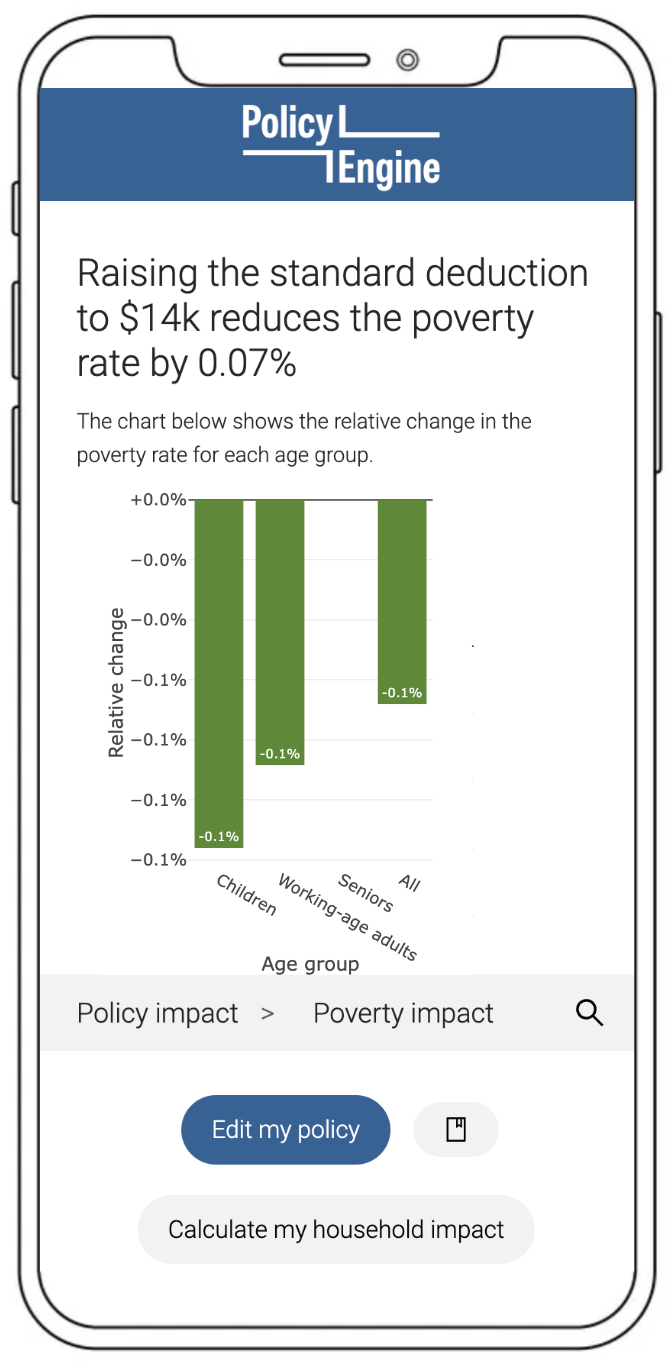We're going to do a Hackathon on Mon, 12/5 at Sports Basement Berkeley from 10am to 5pm following EAGxBerkeley.
- Who: anyone! software engineers will be primary contributors of course, but we will offer optional introductory sessions for the curious / aspiring developer. You do not have to have attended EAGxBerkeley to attend the Hackathon.
- Where: Sports Basement Berkeley at 2727 Milvia St.
- Note this is 15 - 20 minutes from the conference by public transit or car. We recommend taking BART.
- When: Mon, 12/5 from 10am - 5pm
- What: Work independently or with collaborators on EA-aligned project of your choosing
If you would like to submit a potential Hackathon project idea, please leave a comment!
As a Hackathon participant, be on the lookout for related events each day of the conference:
- On Friday evening, we'll meet for a social around dinner time
- On Saturday, we'll have a speed networking event for Software Engineers
- On Sunday, we'll have a Hackathon Q&A and planning session
The scheduled events for the Hackathon will begin Monday at 10am when Sports Basement Berkeley opens to participants.
- 10am — venue opens
- 10:15 — opening talk
- 10:30 — project pitches — people with ideas can share those to the group
- 10:45 — start work
- 12pm — lunch
- 4:55 — wrap up
We will also be offering optional 45-minute learning sessions:
- 10:45 — basics of git (for newcomers to coding)
- 1pm — setting up your development environment (for newcomers)
- 2pm — intro to frontend development (for everyone)
- 3pm — intro to backend development (for everyone)
These talks will be at a separate table so that we are minimally disruptive to people who are still working.
In terms of projects, we hope people will work on things that they find to be interesting and potentially impactful. Keep in mind, there may be the option to continue collaborating virtually, so don't limit the scope of your ambitions to what can be accomplished in a single day.
We hope you'll join us for the EA Hackathon! Please complete this Expression of Interest form and consider signing up for the EA Software Engineering mailing list. And don't forget to apply to EAGxBerkeley if you want to go to that too.


How many consumption-doublings does a policy reform generate?
GiveDirectly's unconditional cash transfers have long served as GiveWell's cost-effectiveness baseline. GiveWell's 2022 cost-effectiveness analysis estimates that GiveDirectly doubles the consumption of a person for a year for about $200. [1]
Tax and benefit reforms also affect households' consumption. My nonprofit, PolicyEngine, builds free open-source software that computes the impact of custom tax and benefit reforms on outcomes like poverty and the budget. This slide from my EAGxBerkeley lightning talk shows how we will display poverty impacts of a custom tax reform in our upcoming redesign.
My proposal is to add a chart to our app showing the impact of a policy reform on
sum(ln(net income)), which could translate to total consumption-doublings for comparison with GiveDirectly. This could enable more data-driven EA-style advocacy for poverty-reducing policies. Currently we have models in the US and the UK, but we intend to expand to low- and middle-income countries in the future, and this visualization would translate to those new country models where reforms might be more cost-effective.Here's our GitHub. Our stack is Python/Flask/React.
Cell B87 shows that each philanthropic dollar spent generates
0.0034units of value, which in this case is one-unit increases ofln(consumption). That is, it costs1/0.0034=$294to increase a person'sln(consumption)by one unit for a year. Doubling consumption for a year therefore costs$294 * ln(2) = $204.